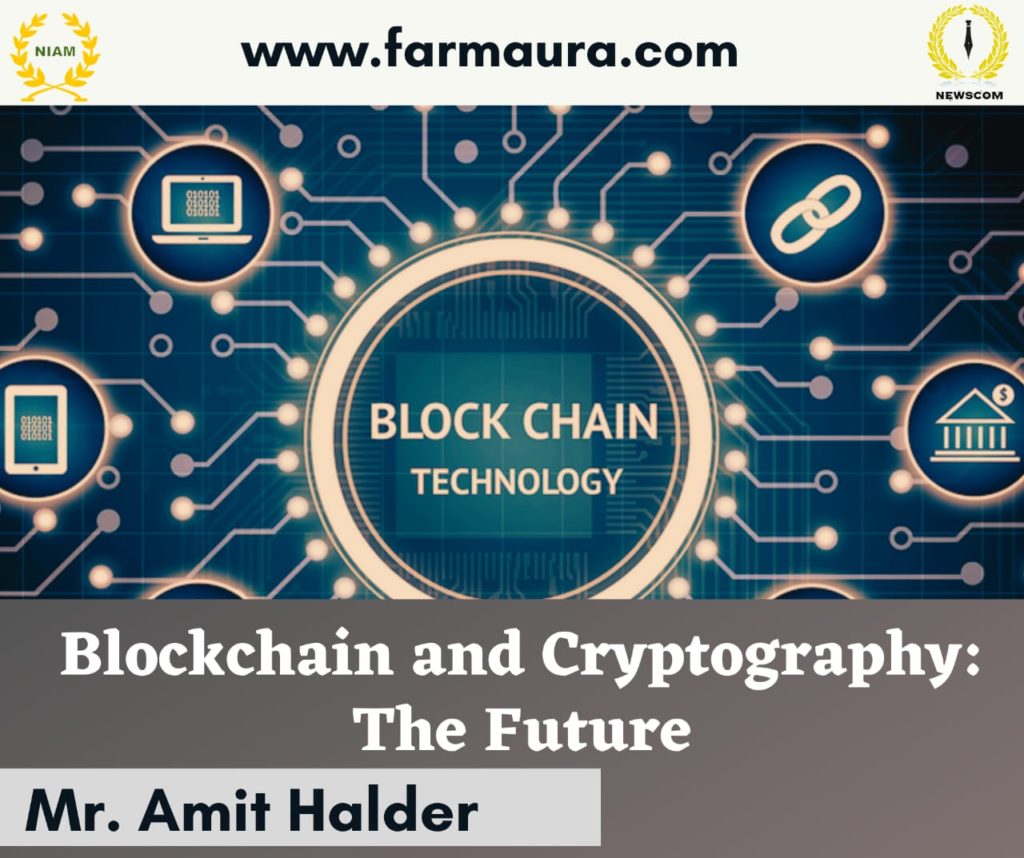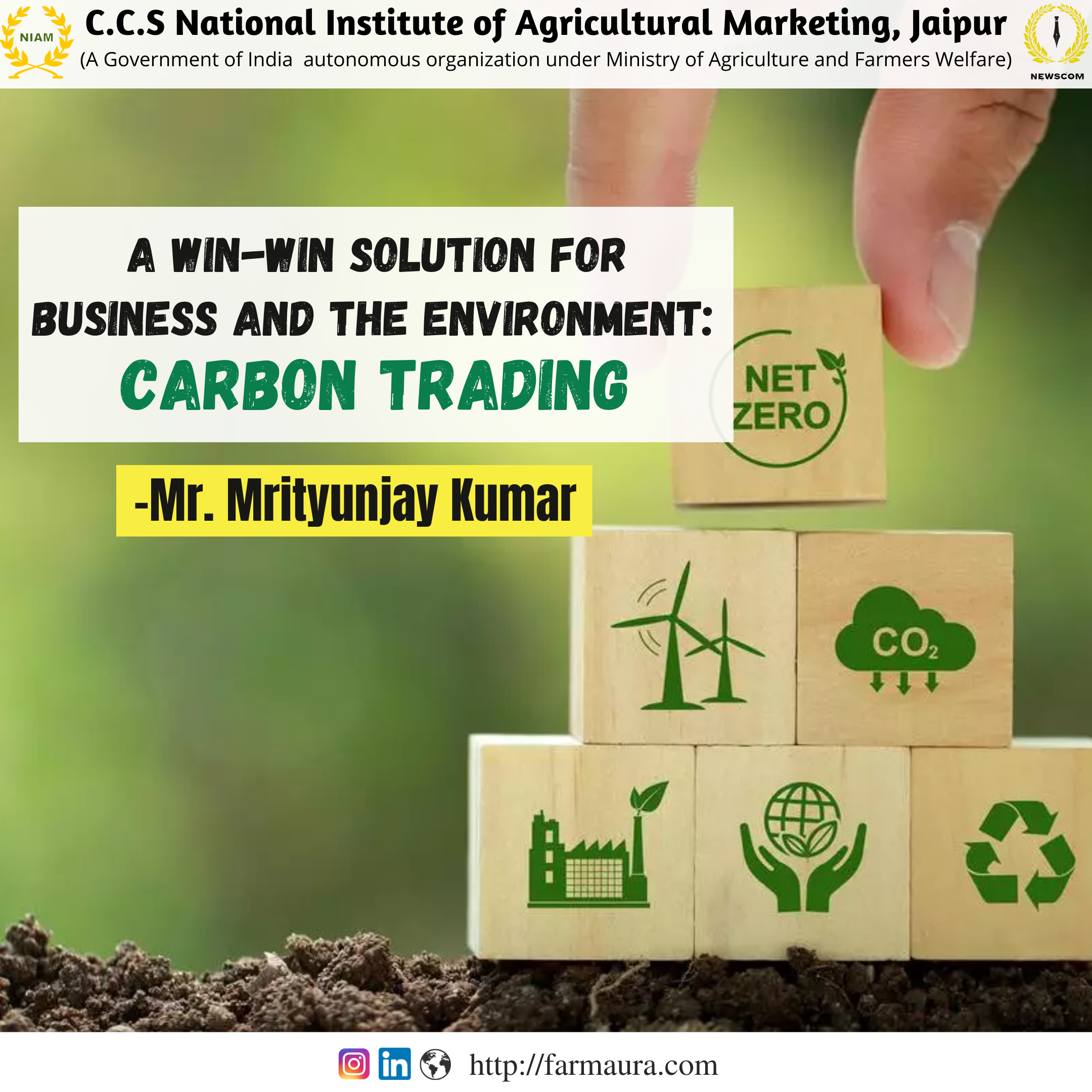
The blockchain is not only about Bitcoins and cryptocurrencies, but this is also one of the revolutionary technologies that can provide lasting solutions to the gripping problems faced by society. Bitcoins and cryptocurrencies are some of the applications of peer-to-peer decentralized secure and accurate databases.
Blockchain is the hyper ledger of accounts that record each transaction or activity that happens within the system. Each transaction or activity within the system will create a new block, consists of three things hash (Address) of the previous block, a timestamp, and actual Transaction data. So, blockchain is a growing list of records, called blocks that are linked together using cryptography. All this data is stored among all the participants within the blockchain system, which leads this system to a level where it is next to impossible for manipulation and alternation. Blockchains are resistant to any modification of their data because it is managed by peer-to-peer and publicly distributed ledger, where Nodes (Miner) collectively committed to a protocol to communicate and verifying each block.
It is the trusted way of data storing, blockchain will promote and facilitate the use of data-driven technologies to make farming smarter. As the current information and communication system does not avoid biases in collecting and transferring data and are generally highly influenceable, where blockchain can be a saviour by being an open distributed ledger that can record transactions between two parties efficiently and in a verifiable and permanent way.
“The global blockchain in agriculture and food supply chain market is estimated to be USD 133 million in 2020 and projected at a CAGR of 48.1% to reach USD 948 million by 2025, during the forecast period.”- The Truth About Blockchain – Harvard Business Review
Blockchain has the potential to revolutionize the agriculture sector by enhancing and enriching decision-making ability. Some of the major potential application of blockchain in agriculture and food sector is food safety, removal of counterfeit, data monetization, risk mitigation. This is being made possible by introducing product traceability, tracking, real-time visibility, smart contract, payment settlement, among others.
In a country like India where farmers and landowners still depend on physical paper to store data, blockchain can provide a systematic, tamper-proof digital ledger of land records. These records can be safely maintained even during natural calamities. Payments can also be automatized by writing smarts contacts and when all criteria are met the payment will be done automatically. No intermediaries required; no additional cost involved in the entire transaction process.
The blockchain will be more in demand in the post-pandemic scenario where food safety and transparency are more important concerns. Customers are more interested in learning about the whole journey of the product. Farm to fork traceability gives confidence to the consumer. Where had the product come from? who grown the product? what input is used to grow the product? All this information is a necessary and growing need in this Covid-19 era, where cross border trade is highly regulated with strict norms in the global market.
India being an agrarian economy, blockchain technology will be a game-changer as it can provide tamper-proof, accurate data about the farms, credit scores, inventory, and food tracking. So, farmers no longer have to heavily depend on paperwork or files to record and store important data and can focus more on enriching their motherland sustainability.




